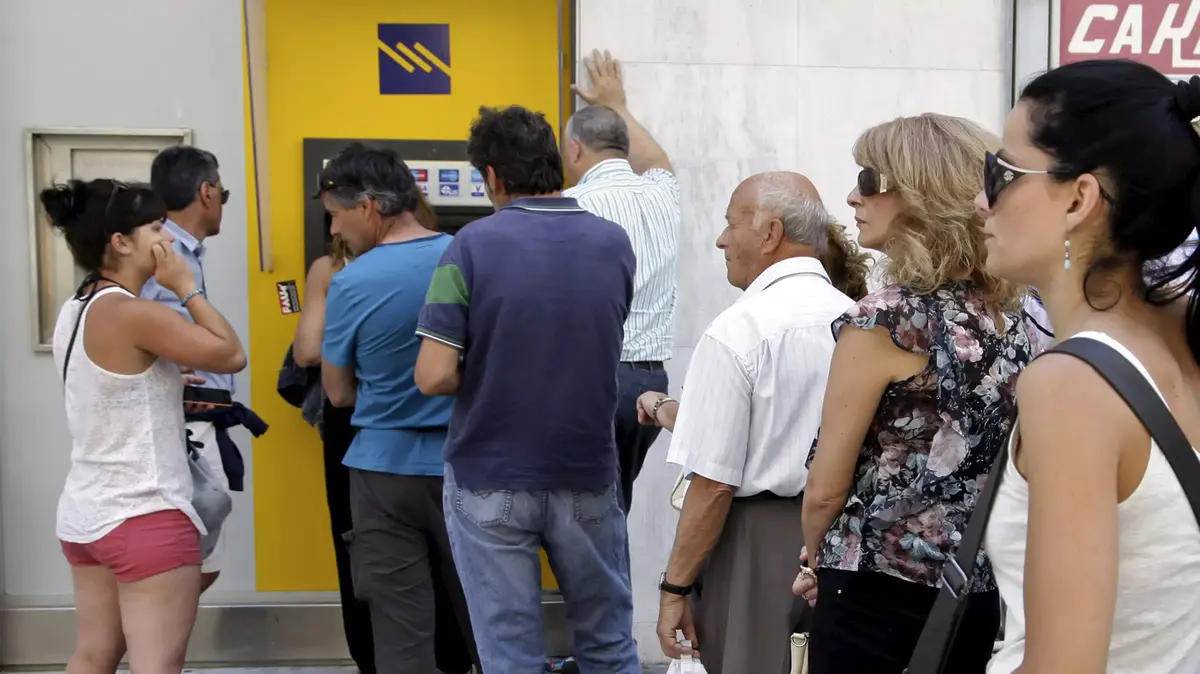OECD economists compliment the government's and the Bank of Israel's economic treatment so far • Optimistic forecast: growth of about 3% next year, almost complete recovery towards 2022
Finance Minister Katz with the Governor of the Bank of Israel, Yaron
Photo:
Office of the Minister of Finance
A more optimistic forecast than that of the Bank of Israel:
a 6% decline in GDP by the end of the year and an almost complete recovery of the economy only towards 2022 - these are some of the OECD forecasts in a special report published yesterday on the Israeli economy under the corona crisis.
The OECD warns that the corona may "reset" the rise in living standards in Israel over the past decade, sharply criticizing inequality in Israeli society and burdensome regulation and raising a series of tips on how to open the economy to competition and increase the integration of ultra-Orthodox and Arabs into the labor market.
According to the OECD, the Israeli economy is in a "deep shock", among other things, due to the renewal of the closure, which is expected to reduce consumption and investment.
GDP, which rose by 3.4% in 2019, is expected to shrink by 6% by the end of the year - as mentioned, a slightly more optimistic forecast than that of the Bank of Israel, which in the event of a second closure predicted a 7% decline in GDP.
In 2021, the economy will grow by about 3%, and will have to "complete" further growth in 2022 to return to its level at the end of 2019. The unemployment rate in its narrow definition (unemployed who are actually looking for work) will be 6.1% by the end of December - almost twice as much as at the end of 2019. , And in 2021 will increase even to 6.5%, probably due to the closure of many jobs.
The deficit is expected to grow to about 14% of GDP and reduce to 10.3% by the end of 2021. Respectively, the debt-to-GDP ratio, which stood at only 60% at the end of 2019, is expected to jump to 77% this year and 84% at the end of 2021.
"Blessed support for citizens"
The OECD compliments the government and the Bank of Israel's responses to Corona, calling them "powerful and decisive."
With regard to the government, the organization states that "the powerful fiscal response has provided welcome support to the vulnerable citizens and companies."
The organization emphasizes that government spending will have to continue to support citizens and businesses, as well as infrastructure-related spending.
The OECD has praised the cuts in tax rates and the positive business environment it creates for competition and investment in high-tech.
At the same time, the organization recommends working to reduce taxes for "green energy" companies in the form of over-taxation of carbon and coal, in preparation for the massive entry of electric cars at the end of the current decade.
According to the organization, the state of air pollution in Israel is "far above the recommended" when the density of traffic jams is the most severe among the organization's countries.
The organization warns that the disparities in living standards between different regions in Israel are the highest among OECD countries, based on Social Security data from 2018.
Netanyahu on the possibility of tightening the guidelines // Photo: GPO
One of the advice of the organization is to improve the public transport system, as well as to consider the unification of authorities and differential budgeting in favor of weak authorities.
The organization also supports a significant reduction in the gap between the property tax requirements for residences and businesses, and to prioritize certain areas of business through the property tax in accordance with the needs of the authority.
With regard to the labor market, the OECD emphasizes the urgent need to improve the teaching of the Hebrew level in Arab schools and to introduce core subjects into the curricula of ultra-Orthodox educational institutions, in order to prepare them for the labor market.
The OECD reiterates that Israel needs to open its economic gates more than ever to the world.
"Despite advances in the field, competitiveness in some markets is still weak and the price control method is still widespread," the organization explains.
The organization puts a spotlight on the agricultural sector, whose "tariffs and regulations remain uniquely distorted."
The organization calls on the government to move to a direct method of supporting farmers, instead of the current tariff, subsidy and production councils policies, as well as to adopt the EU model for importing sensitive agricultural products - "moves that will lead to lower living costs".







